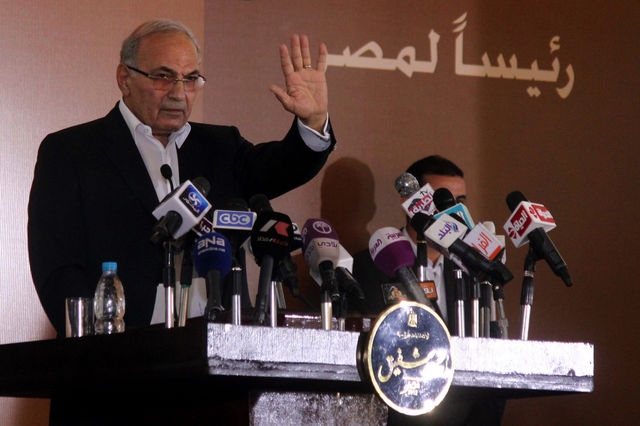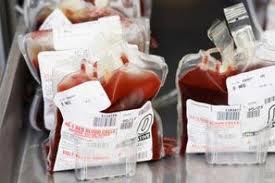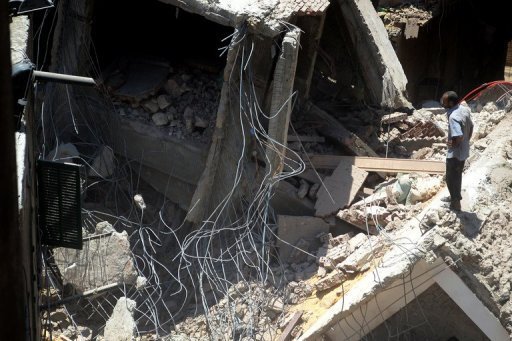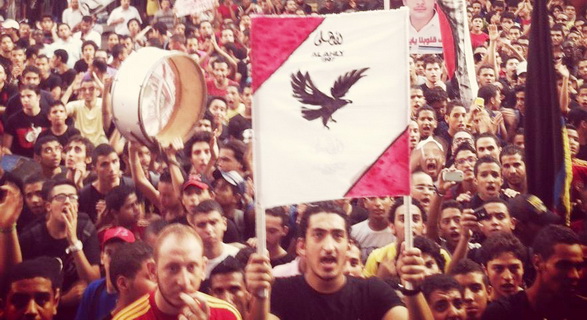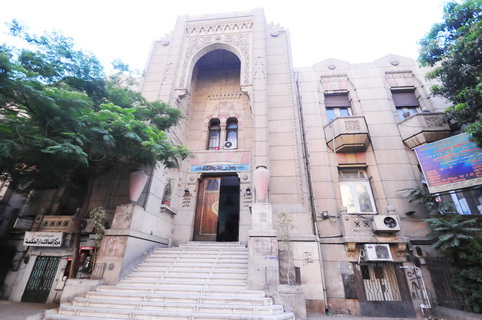Ahmed Shafiq continues to dodge questions, court cases, and a confidant’s funeral
The ex-presidential candidate has been gone for almost a month
Power outage spoils blood in Port Said
Blood spoilage highlights the larger issue of the lack of power
Arab League supports Palestinian bid for non-member UN representation
Palestine seeking to upgrade UN status at the General Assembly despite warnings
A second building in Alexandria collapses
A mother and her two daughters die after their one story building…
Congresswoman claims Muslim Brotherhood infiltrating US Government
United States Congresswoman Michele Bachmann and four other congress members called on…
Ultras attacked in a vigil for Port Said massacre victims
Unknown assailants attacked the march with shotguns and stones leaving six injured
Doctors: attacks at hospital should be treated like ‘attempted murder’
Doctors are asking for more protection as their syndicate fails them
Sinai hostage taker: If my uncle dies in prison, the American hostages will die
The 32-year old man who abducted three in Sinai off a tour…
